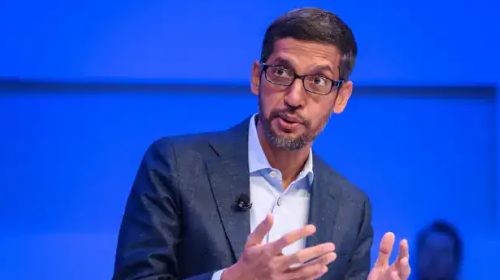your current location is:Home > TechnologyHomeTechnology
Musk calls on countries to increase nuclear power generation: closing nuclear power plants is "anti-human" and endangers national security
The world's richest man and Tesla CEO Elon Musk has once again advocated for nuclear energy. He called on countries to increase nuclear power generation, saying that closing nuclear power plants is a crazy move that will endanger national security and the environment, and some environmentalists who advocate closing nuclear power plants are "anti-human".
"Countries should increase nuclear power generation," Musk said in a tweet on Friday. "From a national security standpoint, shutting down a nuclear power plant is insane and bad for the environment."

A follower of Musk commented: "Nuclear energy is clean, efficient, and if accepted, it could completely replace fossil fuels. Not because so-called environmentalists don't support clean energy, they are anti-human of."
Musk responded, "Some people are indeed pathetic anti-humans."

Musk has expressed his support for nuclear energy several times this year. Last month, he said he supported nuclear energy, "surprised by the public's anti-nuclear sentiment".
In March of this year, he told the media that "it is crazy to shut down nuclear power plants now, especially in a place without natural disasters."
"If you're in a place where there's going to be a severe earthquake or tsunami, that might be questionable. But if there's no risk of a large-scale natural disaster like in Germany, then there's really no danger in nuclear power plants," he said.
A report to Congress last year showed that the United States has permanently shut down 12 nuclear reactors since 2012. According to the International Atomic Energy Agency (IAEA), 203 reactors have been shut down, generating a total of 98,000 megawatts.
Global interest in nuclear energy rekindled
After the Fukushima nuclear disaster in 2011, global interest in nuclear energy declined. But after the Russian-Ukrainian conflict, global interest in nuclear energy has revived amid growing gas and oil shortages.
The Japanese government said last week that it would explore and build next-generation reactors, while also pushing to restart more idled nuclear reactors. For the past decade, Japan has said it will not build new reactors or replace old ones.
A similar shift is taking place in South Korea, where President Yoon Seok-wyeh, who came to power this year, is a proponent of nuclear energy and wants nuclear power to account for 30 percent of total electricity generation, a diametrically opposite approach to the previous Moon Jae-in administration. Yoon Seok-wyeh has pledged to make South Korea a major exporter of nuclear equipment and technology, and to integrate atomic and renewable energy to push for carbon neutrality.
Meanwhile, India's largest power producer is looking to develop two large nuclear power projects, with the country currently generating 70 percent of its electricity from coal and only about 3 percent from nuclear. Prime Minister Narendra Modi aims to more than triple the number of nuclear power plants in the next decade.
Not only in Asia, but after the Russian-Ukrainian conflict upended the fossil fuel market and sent electricity bills soaring, many European countries are also re-examining nuclear energy, including the United Kingdom, France, Germany, and others. Germany is likely to delay closing its last three nuclear power plants in response to a possible energy shortage this winter.
related articles
Article Comments (0)
- This article has not received comments yet, hurry up and grab the first frame~












